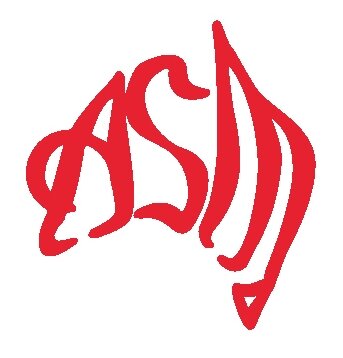NANCY MILLIS MENTORING PROGRAM
Tuesday 15 July is the ASM “Student Day”
Emeritus Professor Nancy Fannie Millis AC MBE FAA FTSE
Nancy was an Australian microbiologist who introduced fermentation technologies to Australia, and created the first applied microbiology course taught in an Australian university.
The Nancy Millis mentoring program was developed to ensure that a bequest to the society by Professor Millis was used in a way that would have met with her approval. In the early part of her career, before her time was taken up with numerous consultations and committees, Professor Millis devoted a lot of her time to students, both in the lecture theatre and in the practical laboratory. She always showed intense interest in their work and encouraged them to keep asking questions, both of themselves and others. She was both honest and direct in her manner and greatly respected by all who worked with her.
Participation in the program is free and open to all students & ECR’s attending the meeting. It is supported by the Millis bequest, the society and the branch organising the conference.
The Panel line-up will be announced shortly!
Student Breakfast
Well worth getting out of bed a little earlier for. Sit on a table with a plenary speaker and your fellow students and ask about what possibilities are out there in the world of research and work.
One of the most useful and worthwhile breakfasts you will ever have, this is a mentoring opportunity not to be missed.
Tuesday 15 July | 7:30am - 8:45am
Student & ECR Lunch
Pile up a plate of food, then come along to munch away and hear answers to questions you ask yourself or would have liked to have asked.
This is a question and answer style format featuring a panel of award winning microbiologists who are making a difference in the field and are happy to share their stories of success.
Tuesday 15 July | 12:30pm - 2:00pm
Student Awards
These awards provide the opportunity for one student member from each ASM State Branch to attend and give a 10 minutes oral presentation at the Annual Scientific Meeting.
All postgraduate microbiology students are invited to apply - especially those in the final year of their higher degree program.
Tuesday 15 July | 2:00pm - 3:30pm


